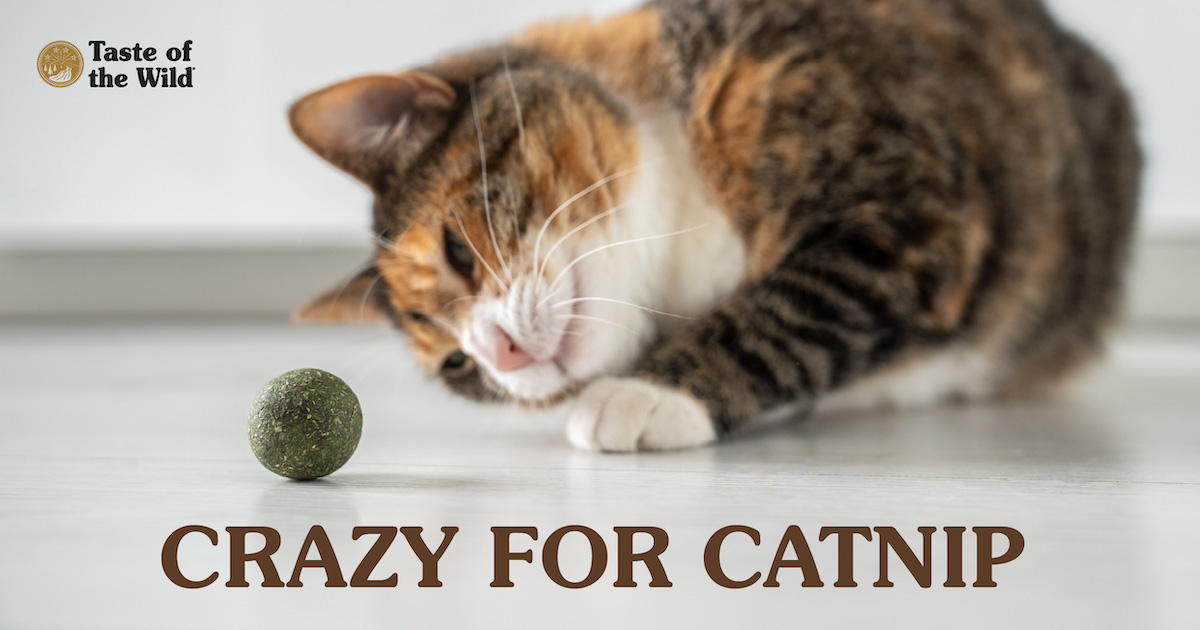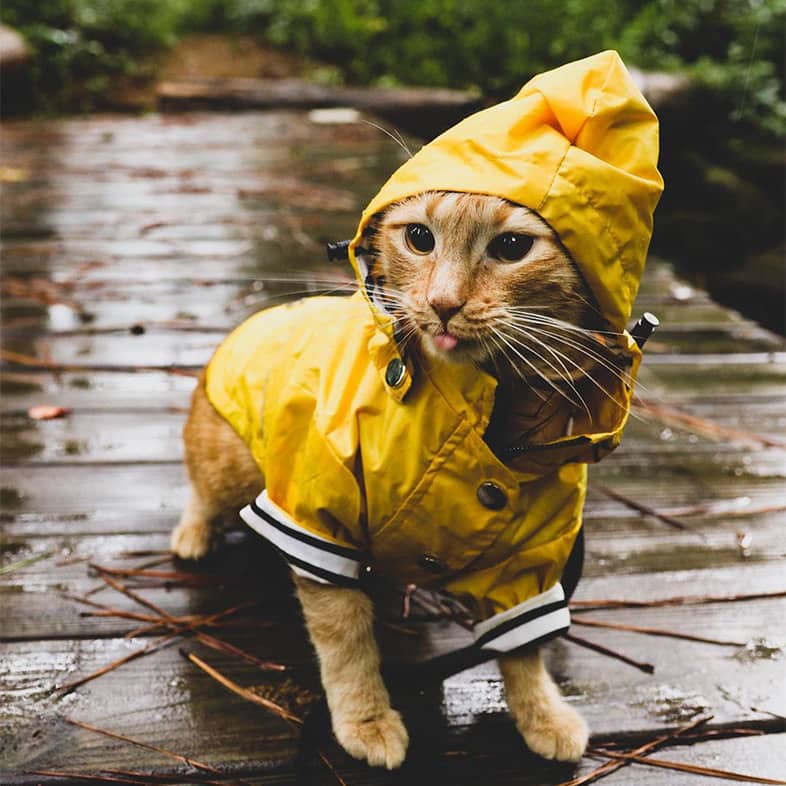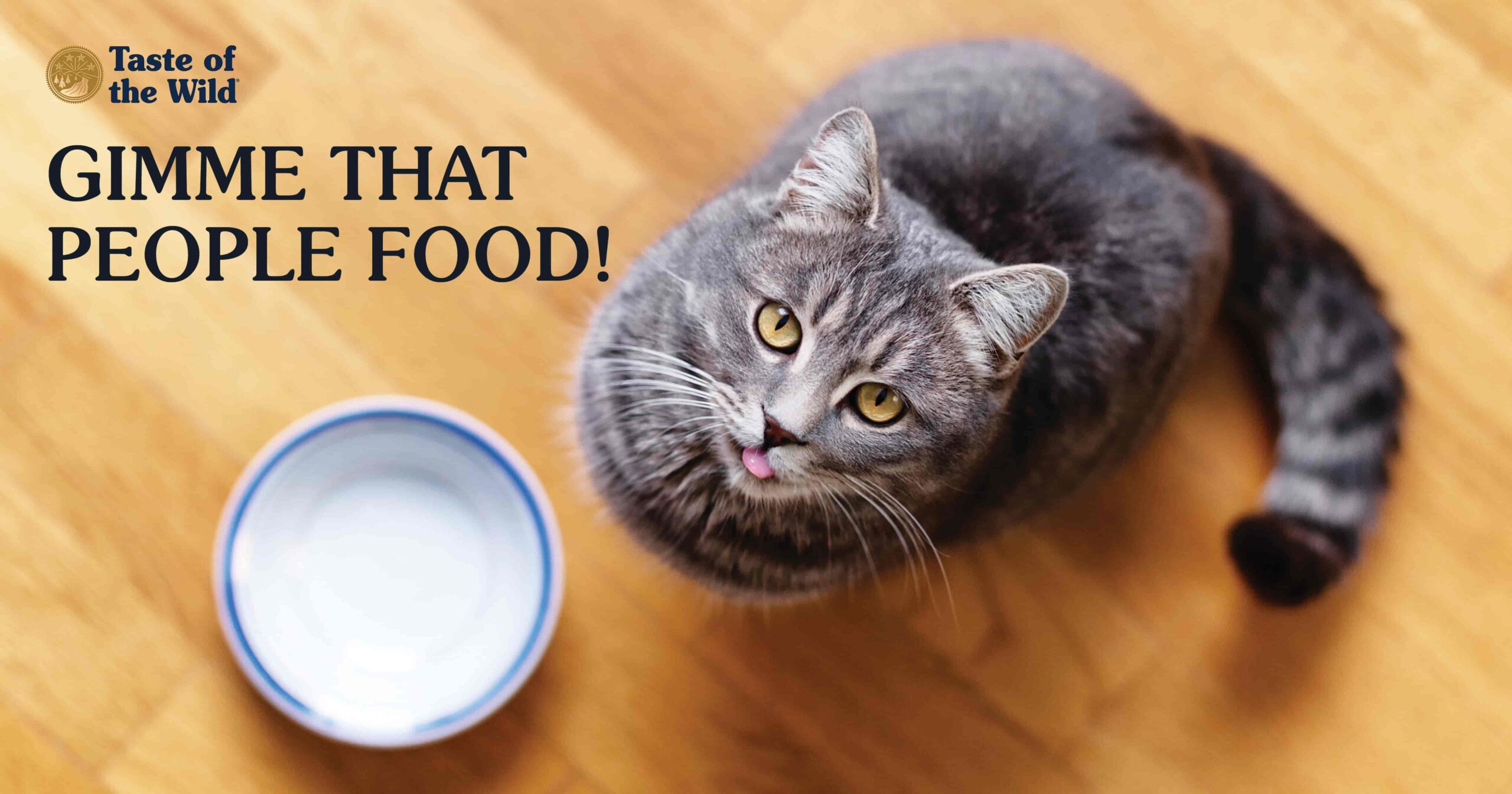Can Cats Eat Catnip?
Thursday, April 29, 2021 | Nutrition

If you’re wondering if your cat can have catnip, the answer is a resounding yes! Catnip is safe for cats and is a great way to add some entertainment to your cat’s (and your) life. But it’s a roll of the dice whether your cat will respond to catnip. Some cats don’t experience any effects, some cats drool and chill out, while other cats take off in a burst of energy and ricochet around the room!
Is Catnip Bad for Cats?
The good news is that catnip is nontoxic and safe for cats. In fact, it’s often used as a form of enrichment for indoor cats to help prevent boredom and stress and keep your cat happy. As well as fresh catnip, you can purchase dried catnip and catnip spray, as well as catnip balls, bubbles and chew sticks. You can also buy your kitty catnip-infused toys or toys that can be refilled with dried catnip.
About the Catnip Plant
Catnip (Nepeta cataria) is a perennial herb in the same mint family as peppermint and spearmint. It is native to Europe, Asia and Africa, and was thought to have been brought to North America by settlers. Catnip is now considered a pesky weed, but it also remains a favorite in the herb gardens of cat owners who like to grow fresh catnip.
The catnip plant contains several essential oils and other compounds that are stored in tiny bulbs that cover the leaves, stems and seedpods of the plant. The oils are released when a cat (or other animal) brushes up against the plant. The release of one compound in particular, nepetalactone, is why some cats react to catnip.
How Does Catnip Work?
The mood-altering effect of catnip is associated with a cat’s sense of smell. Nepetalactone, the active ingredient in catnip, rapidly changes from a liquid to a gas and binds to receptors in a cat’s nose. So the effect of nepetalactone on a cat’s brain is from the system responsible for a cat’s sense of smell — not from eating catnip.
Can Cats Overdose on Catnip?
No, cats can’t overdose on catnip, but they can get an upset tummy if they eat too much. There’s also no need to worry about your cat getting addicted to catnip. However, if cats are exposed to catnip too frequently, they can become accustomed to the effects. So it’s best to limit your cat’s access to catnip.
The Catnip Effect Isn’t Guaranteed
Only about 50 to 80 percent of cats are sensitive to nepetalactone, so not all cats will experience the catnip “buzz.” For some cats, catnip causes them to be very active and playful whereas other cats become calm and mellow. Most cats who are sensitive to nepetalactone will respond by displaying some of these behaviors:
- Sniffing, licking and biting
- Shaking their heads
- Rubbing their heads, chins or cheeks against it
- Rolling over
- Drooling
- Vocalizing
- Kicking the catnip with their back paws
The euphoria that catnip brings cats doesn’t last long, typically 5–15 minutes. After that, they’ll be temporarily “immune” to the intoxicating effects of the ’nip for about two hours.
If your cat doesn’t respond to catnip, there are other plants you can try like silvervine and Tatarian honeysuckle. These plants are also nontoxic and non-addictive for cats and can also be used as a form of enrichment.
Can Kittens Have Catnip?
Kittens can experience catnip safely, but if they’re less than 3 to 6 months old, they typically won’t respond to it and may actually turn their nose up at it. Whether or not an older kitten will react to catnip depends on their parents — the reaction to catnip is hereditary. The catnip effect is caused by multiple genes, and without those genes, your cat will think catnip is just another boring plant.
How Much Catnip Is Too Much Catnip?
Eating too much catnip can cause an upset stomach. If your cat has overindulged, you may notice vomiting and diarrhea that will resolve over time. Contact your veterinarian if you’re worried about the vomiting and diarrhea, especially if you think your cat might be dehydrated. Limiting your cat’s access to catnip will help prevent future tummy problems.
Does Catnip Affect Other Animals?
Some big cats also react to catnip. Lions, jaguars, leopards and snow leopards appear to be sensitive to catnip, but tigers, not so much. Dogs can react mildly to catnip but it only has a sedative effect on them, which is why it’s sometimes used to reduce anxiety. Dogs won’t experience the burst of energy like some cats.
Catnip Benefits Go Beyond Feeling Gooood
Catnip is mostly used as enrichment for cats, but cats may have another reason for being attracted to it. Nepetalactone is an effective mosquito repellent, so it’s possible that cats rub their heads in catnip to fend off annoying and possibly harmful mosquitoes. Whatever the reason, some cats definitely go crazy for catnip!
The information in this blog has been developed with our veterinarian and is designed to help educate pet parents. If you have questions or concerns about your pet’s health or nutrition, please talk with your veterinarian.




